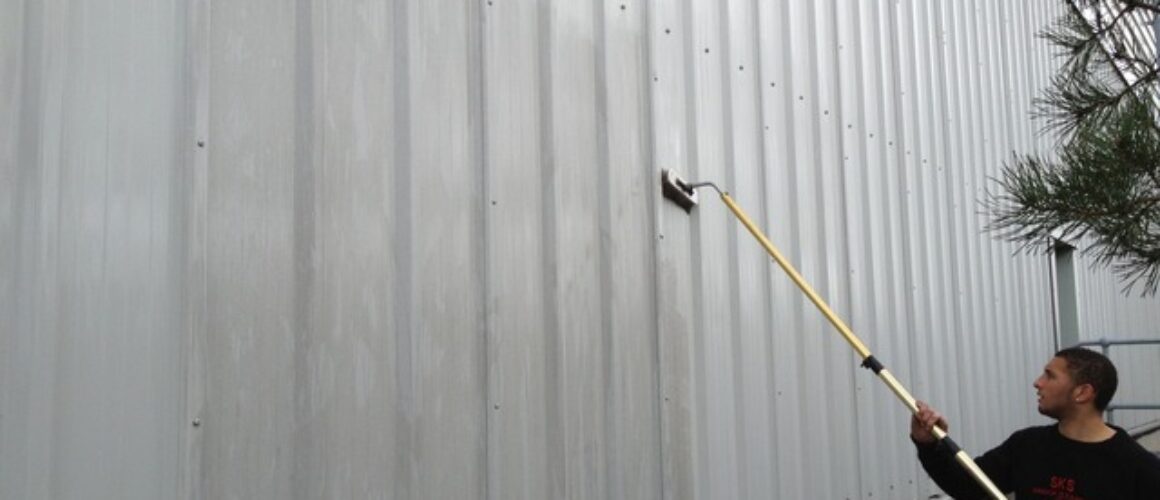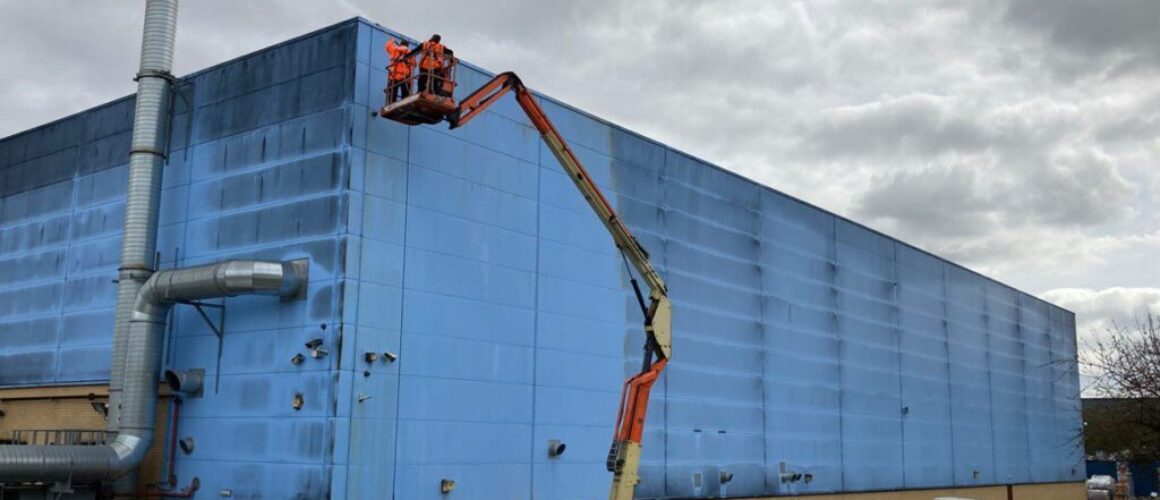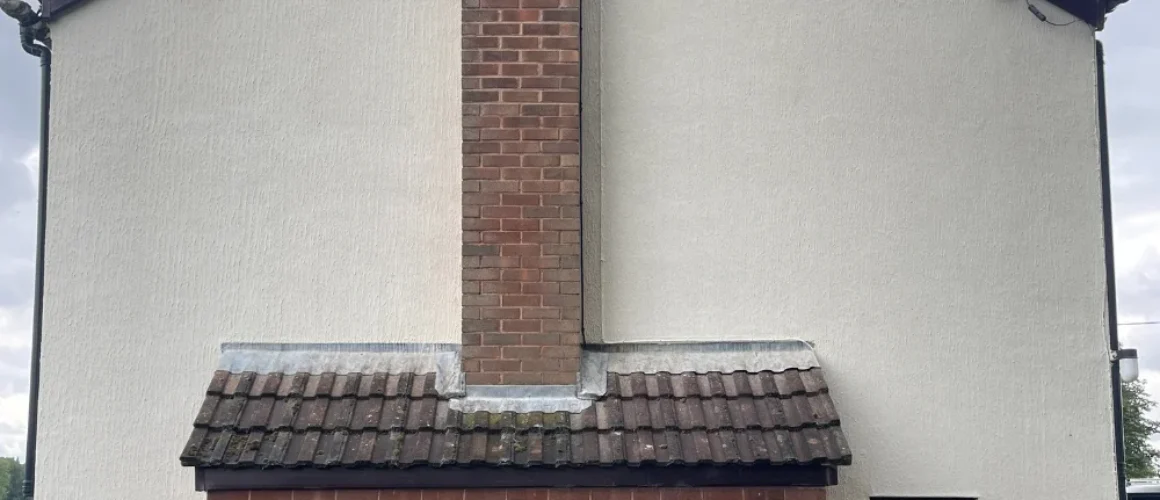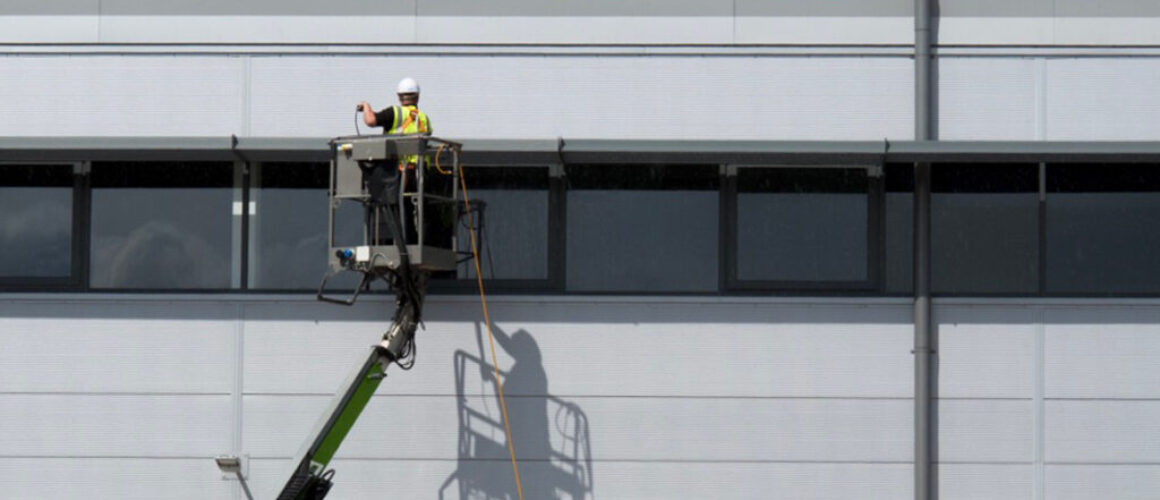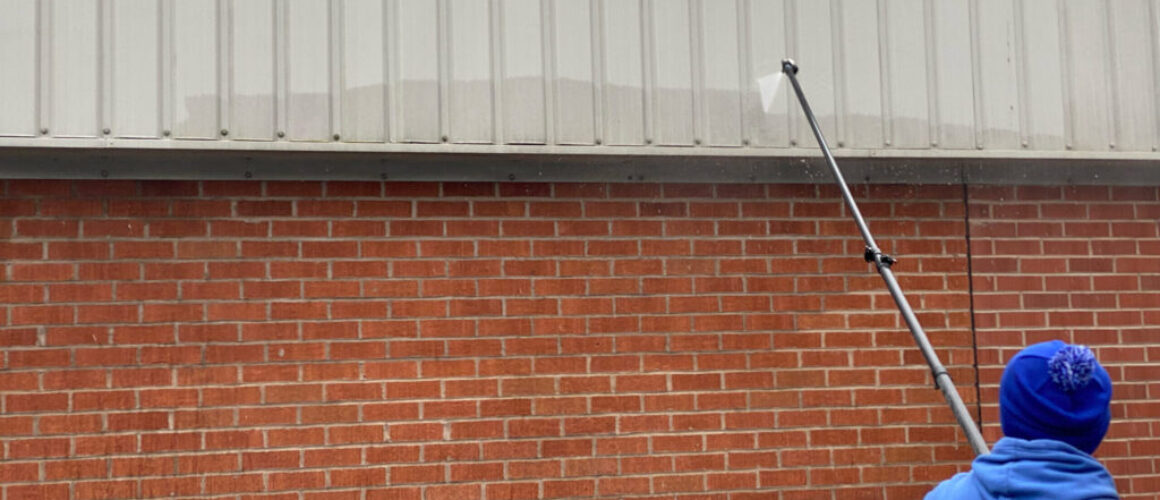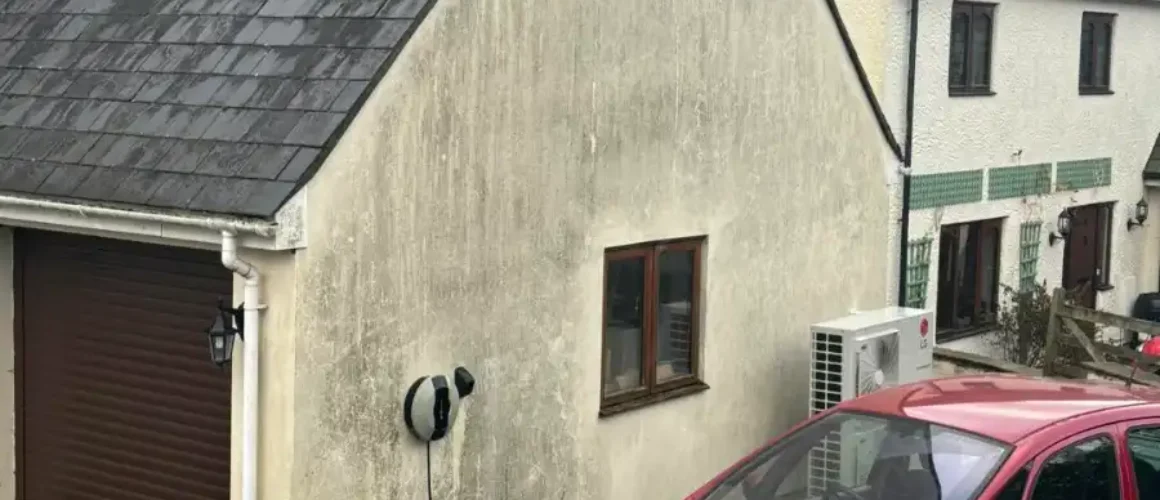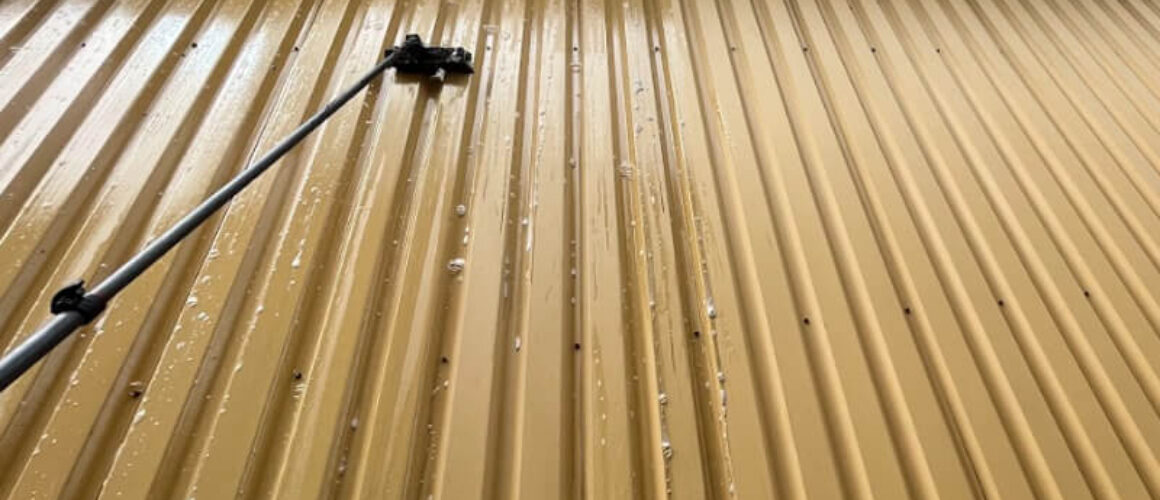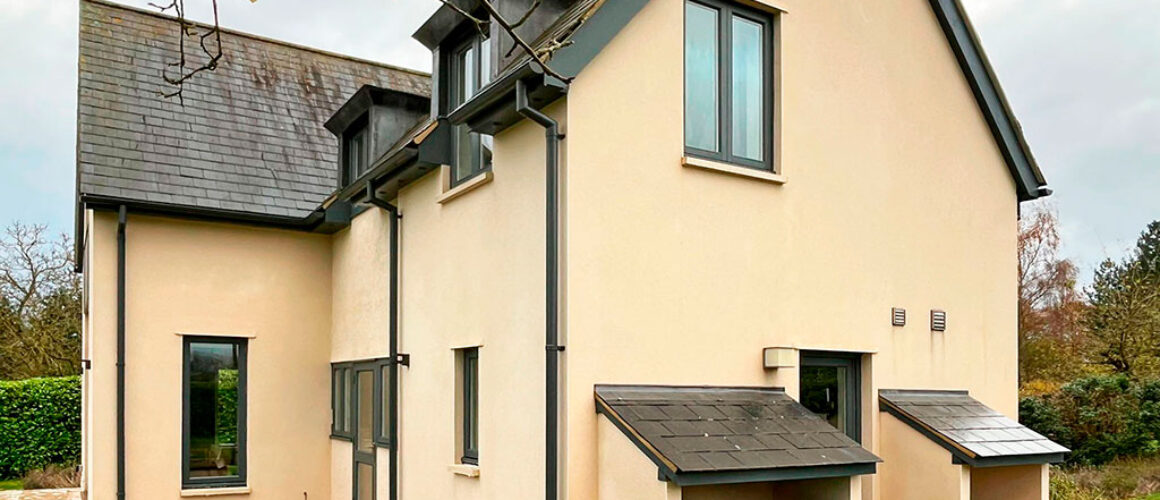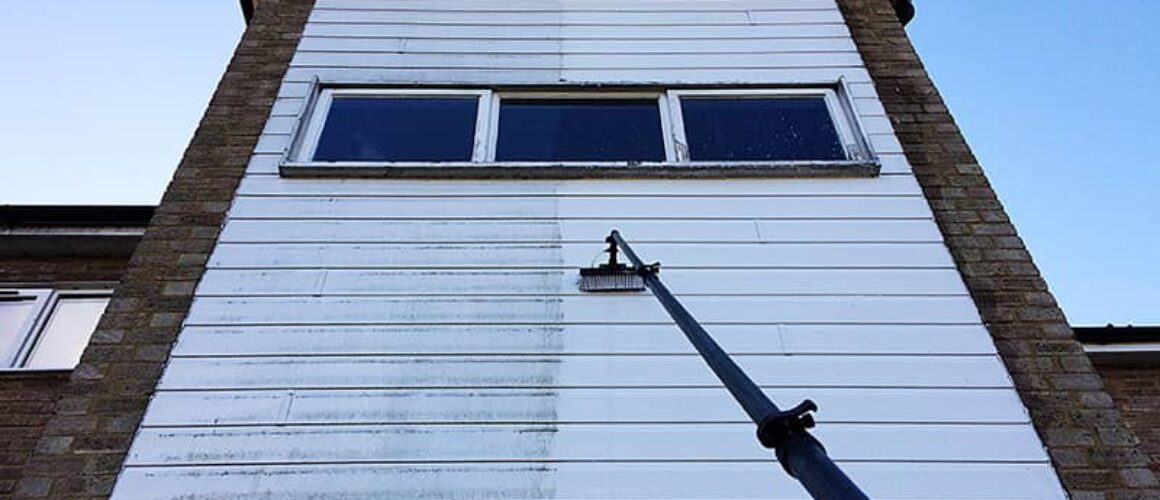A Refreshed Take on Cladding Cleaning Liverpool Care: Methods, Maintenance, and Revitalisation
A Refreshed Take on Cladding Care: Methods, Maintenance, and Revitalisation
Cladding has become a common feature on both residential and commercial properties, not just for aesthetics but also for its practical benefits. Acting as a protective shield, cladding safeguards your building’s structural walls from rain, wind, pollution, and temperature changes. It also enhances insulation and gives a modern, polished look. However, because cladding sits exposed to the elements every single day, it inevitably collects dirt, algae, dust, and other pollutants. If left untreated, these can lead to staining, discolouration, and even long-term deterioration.
For those seeking cladding cleaning Liverpool, maintaining clean and well-kept panels is especially important in an urban environment. A busy city brings traffic fumes, rain streaks, and general grime, all of which can quickly spoil the look of your property. Whether for a home or a business, regular cladding care helps maintain an attractive exterior and avoids costly future repairs.
Maintaining clean cladding isn’t only about appearance; it’s about protecting your investment. A well-looked-after façade sends the right message about a business or home, showing care and attention to detail. On the other hand, grimy cladding can give the impression of neglect, which is especially damaging for commercial properties where first impressions matter.
Regular cleaning prevents build-up, maintains colour vibrancy, and prolongs the life of the material. It can even save you money in the long run, as well-kept cladding won’t require premature repair or replacement. In addition, some types of pollutants, such as mould or moss, can be damaging if allowed to spread unchecked, causing more complicated issues down the line.
For property owners searching for cladding cleaning Liverpool, understanding the importance of cleaning is the first step. The second is learning the methods suitable for your cladding material, because no two surfaces are the same. Applying the wrong technique can cause irreversible damage. For example, blasting delicate stone cladding with a jet wash can erode its surface, while using strong chemicals on metal panels can corrode the finish.
In this guide, we’ll explore the different types of cladding, the safest cleaning techniques, practical maintenance tips, and when to seek professional help. With the right knowledge, your cladding can remain fresh, functional, and attractive for many years to come.
What Makes Cladding Important—and Why It Needs Cleaning
Cladding is more than a decorative finish; it’s a functional layer that adds insulation, reduces maintenance requirements for underlying walls, and protects against moisture. From a design standpoint, cladding can completely transform the appearance of a building, giving it a sleek, contemporary look or a timeless, natural finish depending on the material chosen. Because of this dual role—practical and aesthetic—it has become a preferred choice for both new builds and refurbishments.
Over time, however, exposure to environmental conditions takes its toll. Rain, dirt, vehicle emissions, algae, and even bird droppings can leave unsightly marks. Buildings in urban areas are particularly susceptible to airborne pollutants, while rural properties may see cladding affected by moss, mould, or lichen. This is why cladding cleaning Liverpool services are so sought after, as local professionals understand the specific challenges created by the city’s environment.
If cleaning is ignored, these substances don’t just harm the appearance but can also affect hygiene and structural integrity. Moss growth, for example, can trap moisture against the surface, potentially leading to damp problems or frost damage in colder months. Regular cleaning ensures cladding remains effective as a barrier. Just as importantly, it maintains the fresh, professional look that many property owners want to project.
For businesses, a clean exterior reassures customers and clients that the premises are well cared for, which can positively influence perception. For homeowners, well-kept cladding boosts kerb appeal and can even increase property value. In both cases, hiring specialists in cladding cleaning Liverpool ensures the work is done correctly and safely.
Another important factor is sustainability. By extending the lifespan of your cladding through routine cleaning and maintenance, you reduce the need for replacement materials and avoid unnecessary waste. A simple schedule of care can therefore contribute to both financial savings and environmental responsibility.
Cladding is an investment, and like any investment, it requires attention to keep delivering benefits. With proper cleaning and maintenance—whether by yourself or by hiring professionals in cladding cleaning Liverpool—you can be confident that your cladding will continue to protect, insulate, and beautify your property long into the future.
Common Cladding Materials
Cladding comes in a wide range of materials, each with its own strengths and challenges. Understanding the type of cladding on your property is crucial before deciding how best to clean it, as each surface requires a different approach.
Brick cladding is one of the most traditional options, valued for its durability and classic look. It requires less frequent cleaning compared to other materials, but it can still accumulate dirt, moss, and algae, particularly in damp or shaded areas. The key with brick is to avoid aggressive cleaning methods that might weaken the mortar joints. Local experts in cladding cleaning Liverpool know how to approach this safely.
Metal cladding, such as aluminium or steel, provides a sleek, modern appearance and is often chosen for commercial buildings. It is strong and weather-resistant but prone to collecting grime, streaks, and sometimes rust if the protective coating becomes compromised. Cleaning should be gentle to avoid scratching, and harsh chemicals should be avoided to prevent corrosion.
Stone cladding offers natural beauty and timeless charm. Whether limestone, granite, or sandstone, stone cladding is highly resistant to moisture but still benefits from regular cleaning to prevent organic growths like moss and lichen. Care must be taken to use non-abrasive methods so the surface doesn’t erode.
uPVC cladding is a popular low-maintenance option for homes. It resists weather damage and retains its appearance well, though it can become dull or discoloured over time. With the right cleaning solutions, however, it can quickly be restored to a like-new finish.
Timber cladding creates a warm, natural effect but is more vulnerable than other materials. It requires frequent cleaning and protective treatments to stop rot, warping, or fading. A gentle wash combined with wood-specific care products usually works best.
Each material presents unique cleaning challenges. By identifying your cladding type and learning how it responds to cleaning methods—or by calling in cladding cleaning Liverpool specialists—you can prevent costly mistakes while ensuring the surface continues to perform and look its best.
Effective Cladding Cleaning Techniques
Cleaning cladding correctly is about striking the right balance: removing dirt and stains without causing damage. A number of effective methods exist, but the most suitable approach will depend on the material and the level of grime.
Pressure washing is a widely used technique for hard, durable cladding like brick, stone, or some metals. It uses high-pressure water jets to blast away dirt, algae, and surface deposits quickly. However, it must be used with caution. Too much pressure can damage mortar joints, strip protective coatings, or erode softer materials. For delicate surfaces, pressure washing should be avoided or set at the lowest setting. Professionals in cladding cleaning Liverpool will know the safe water pressure for each material.
Chemical cleaning involves applying specialist cleaning solutions designed for cladding. These products break down grease, dirt, and organic matter without requiring abrasive scrubbing. The key is to select the right chemical cleaner for the material. For example, acidic cleaners can damage stone, while strong solvents might corrode metal. Eco-friendly, biodegradable solutions are becoming popular choices for safe yet effective results.
Steam cleaning is another excellent method, especially for areas that require a hygienic deep clean. Using high-temperature steam, this method penetrates stubborn dirt and kills algae, moss, and bacteria. It’s particularly suitable for stone or brickwork, leaving the surface clean without the need for harsh chemicals.
In some cases, manual cleaning with soft sponges or brushes is the best choice. This approach works well on delicate cladding types such as timber or uPVC. Though more labour-intensive, it allows for careful attention to detail and avoids the risks associated with stronger cleaning methods.
Choosing the right technique is essential. Using the wrong one can not only damage the cladding but may also void warranties or reduce its lifespan. If in doubt, calling an experienced team for cladding cleaning Liverpool ensures the most suitable method is applied safely and effectively.
Routine Maintenance Tips
Cleaning your cladding once isn’t enough—it’s about setting up a routine that keeps the exterior looking its best year after year. Simple maintenance habits can make a big difference in preserving both the appearance and the longevity of your cladding.
Start by inspecting the cladding regularly. Look out for dirt build-up, stains, algae growth, or any signs of damage. The earlier you catch an issue, the easier it is to fix. Scheduling seasonal inspections, particularly after winter or heavy rainfall, ensures that any problems are addressed quickly.
When cleaning, always use non-abrasive tools such as soft brushes, microfibre cloths, or sponges. These will remove dirt without scratching or dulling the surface. Avoid steel wool or stiff bristles, which can leave permanent marks. For detergents, choose gentle, non-corrosive products specifically designed for exterior surfaces. Strong, acidic, or solvent-based chemicals may remove dirt effectively but can also eat away at protective finishes.
Another good habit is to tackle stains and spills promptly. If left untreated, substances like oil, rust, or food spills can set into the cladding and become much harder to remove. Similarly, keep barbecues, heaters, or other sources of intense heat away from cladding, as these can cause warping or discolouration.
Finally, don’t underestimate the value of protective treatments. For example, timber cladding can benefit from weatherproof coatings or oils that prevent moisture penetration and UV damage. Stone cladding can sometimes be sealed to resist staining. By combining cleaning with protective measures, you can greatly extend the lifespan of your cladding.
Residents who choose professional cladding cleaning Liverpool services often benefit from maintenance advice and aftercare as part of the package. This ensures your cladding isn’t just cleaned once but stays looking good in the long term.
When Cladding Needs Revitalising
Even with the best care, cladding will eventually show signs of wear. Exposure to sunlight, pollution, and weather can dull colours and cause staining or fading. If your cladding looks tired despite routine cleaning, it may be time for revitalisation.
Revitalisation goes beyond simple cleaning. It involves restoring the surface to bring back its original vibrancy and function. This might include deep cleaning treatments, re-coating, sealing, or even minor repairs. For example, timber cladding may require sanding and re-oiling, while metal panels may need protective re-coating to stop corrosion.
Professional cladding cleaning services are invaluable at this stage. They have access to industrial-grade equipment and specialist products that are not usually available to the public. More importantly, they have the knowledge to assess what your cladding needs and apply the most effective treatment without causing damage. This is why many property owners book cladding cleaning Liverpool experts for larger restoration projects.
Commercial properties, in particular, benefit from professional revitalisation. A clean, attractive façade helps attract customers, inspires confidence, and sets a positive tone for your business. For homeowners, revitalising cladding can improve kerb appeal, making the property look newer and more cared for. This can be especially valuable when preparing to sell.
Revitalisation also extends the functional lifespan of the cladding. By addressing issues early—such as weathering, minor cracks, or discolouration—you can prevent them from developing into larger, more costly problems. It’s a proactive step that saves money and protects the property’s structure in the long run.
Ultimately, revitalising cladding is about more than looks; it’s about safeguarding the protective qualities that cladding provides. Whether you choose to refresh it yourself or call in professionals offering cladding cleaning Liverpool, ensuring your cladding remains in prime condition will keep your property both attractive and well-protected.

